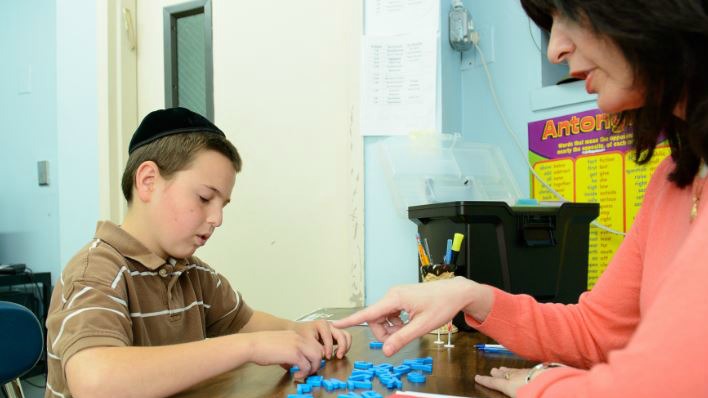Letter from the Director – Misplaced Sympathies

Each year, Vista tackles a theme of great importance to education in the Jewish community. We shed light on matters that often go unnoticed or are unspoken because they make us uncomfortable. Our focus is “misplaced sympathies,” a term that describes some choices we make for our children that seem to be in their best interests, but are not. Specifically, parents and educators often choose to keep children in mainstream programs when special programs that teach to the child’s individual strengths and weaknesses would be the better choice.
To illustrate, Yosef was accepted into the ninth grade of a local Yeshiva High School even though he struggled in 7th and 8th grades, and evaluations indicated he had language-processing delays. Although doing fine socially, Yosef found it increasingly difficult to keep up with the academic demands of high school. Because of his inability to process language in regular classes, he became depressed and withdrawn. Final exams approached and Yosef felt like he was drowning. He could not bring himself to attend classes on a regular basis.
How is it that Yosef advanced through elementary and junior high school when it was obvious he could not handle the work at the same rate as his peers? The answer is “misplaced sympathies.” Both teachers and parents felt that if he just hangs on he would eventually catch up. They decided that taking him out of the mainstream program and placing him in a smaller, “special” program would be damaging.
The professionals at P’TACH help parents and educators understand the frustrations a child with a language processing delay feels while sitting in a regular class. The volume, complexity and rate at which the child is bombarded with language, day in and day out, causes not only academic failure but often causes secondary attention, behavioral and emotional problems. Our Yeshiva students are faced with another layer of challenge in that they are expected to translate and understand a second, and sometimes a third, language.
In Yosef’s case, the school’s resource coordinator finally recommended he move into one of P’TACH’s four programs, all of which are housed within mainstream schools. Almost immediately, Yosef felt a sense of relief. He was able to sit through and comprehend full period lectures. He became energized and motivated to learn. Achievement and progress began to heal the wounds caused by the belief that he was a failure. Clearly, the stigma of academic failure in the mainstream, where friends and family knew he was doing poorly, was far worse than succeeding in a special program – where Yosef remained part of the mainstream’s social setting.
Unfortunately, this very scenario is brought to our attention on a regular basis. Decisions are made that are contrary to scientific evidence and practical knowledge, and the longer the damage is done, the greater the challenge to repair. The impulse to give in to family or community pressure must be confronted early, when signs of learning differences first surface. Waiting because the child “is going through a phase” or “just has to grow out of it” is detrimental. Even more so when decisions are influenced by questions such as, “what will family and friends think if our child is in a ‘special’ program?”
P’TACH educators engage in differentiated instruction, based on a fundamental understanding of how attention, language and memory function within the learning process. There is no such thing as a perfect mind and every child is a unique individual. The more specific a teacher can be when identifying strengths and weaknesses without using stigmatizing labels, the more likely good teaching strategies lead to success.
Every child wants to do well. Failure is never intentional or just a phase of life. When given proper, customized instruction and a safe environment in which to learn, children will surely succeed.
B’Hatzlacha!,
Judah Weller, Ed.D.
